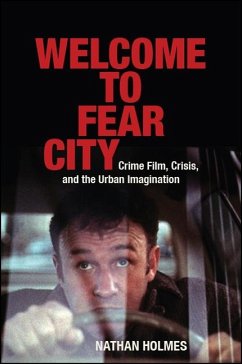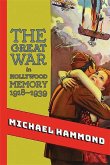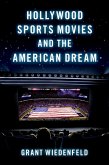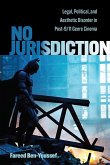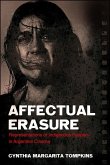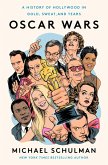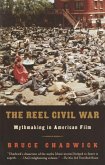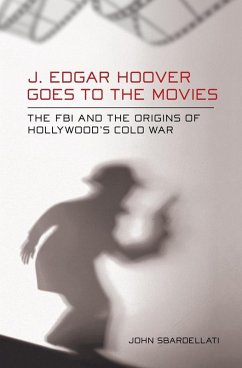2019 CHOICE Outstanding Academic Title
The early 1970s were a moment of transformation for both the American city and its cinema. As intensified suburbanization, racial division, deindustrialization, and decaying infrastructure cast the future of the city in doubt, detective films, blaxploitation, police procedurals, and heist films confronted spectators with contemporary scenes from urban streets. Welcome to Fear City argues that the location-shot crime films of the 1970s were part of a larger cultural ambivalence felt toward urban life, evident in popular magazines, architectural discourse, urban sociology, and visual culture. Yet they also helped to reinvigorate the city as a site of variegated experience and a positively disordered public life-in stark contrast to the socially homogenous and spatially ordered suburbs. Discussing the design of parking garages and street lighting, the dynamics of mugging, panoramas of ruin, and the optics of undercover police operations in such films as Klute, The French Connection, Detroit 9000, Death Wish, and The Taking of Pelham One Two Three, Nathan Holmes demonstrates that crime genres did not simply mirror urban settings and social realities, but actively produced and circulated new ideas about the shifting surfaces of public culture.
The early 1970s were a moment of transformation for both the American city and its cinema. As intensified suburbanization, racial division, deindustrialization, and decaying infrastructure cast the future of the city in doubt, detective films, blaxploitation, police procedurals, and heist films confronted spectators with contemporary scenes from urban streets. Welcome to Fear City argues that the location-shot crime films of the 1970s were part of a larger cultural ambivalence felt toward urban life, evident in popular magazines, architectural discourse, urban sociology, and visual culture. Yet they also helped to reinvigorate the city as a site of variegated experience and a positively disordered public life-in stark contrast to the socially homogenous and spatially ordered suburbs. Discussing the design of parking garages and street lighting, the dynamics of mugging, panoramas of ruin, and the optics of undercover police operations in such films as Klute, The French Connection, Detroit 9000, Death Wish, and The Taking of Pelham One Two Three, Nathan Holmes demonstrates that crime genres did not simply mirror urban settings and social realities, but actively produced and circulated new ideas about the shifting surfaces of public culture.
Dieser Download kann aus rechtlichen Gründen nur mit Rechnungsadresse in A, D ausgeliefert werden.

